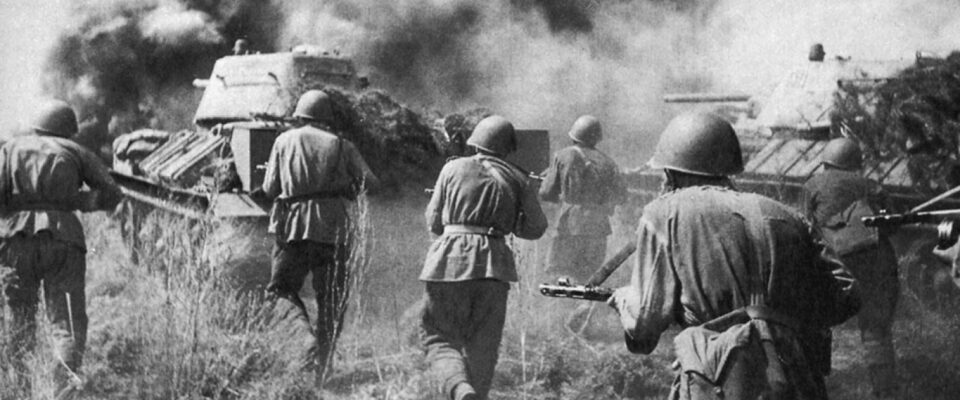World War II was arguably host to the most complex battles in the history of warfare. These are the 5 major battles of World War II which helped decide the outcome of the war itself.
1) Battle of Kursk (July – August 1943)
This battle lasted almost an entire two months and consisted of a barrage of offensive maneuvers enacted by both the Soviet and German forces on the Eastern Front in close proximity to the city of Kursk. The Germans dubbed this offensive as “Operation Citadel”. The Germans’ aim was to overwhelm Soviet forces and start occupying territories closer and closer to Moscow. Ultimately this battle led to a huge loss of both armored tanks and soldiers on the part of the Germans. The Soviet forces were able to hold off the Germans and launch counter offensives which severely hurt their adversaries. The battle of Kursk was the first event of World War II in which the Germans were halted and incapable of breaking through enemy lines.
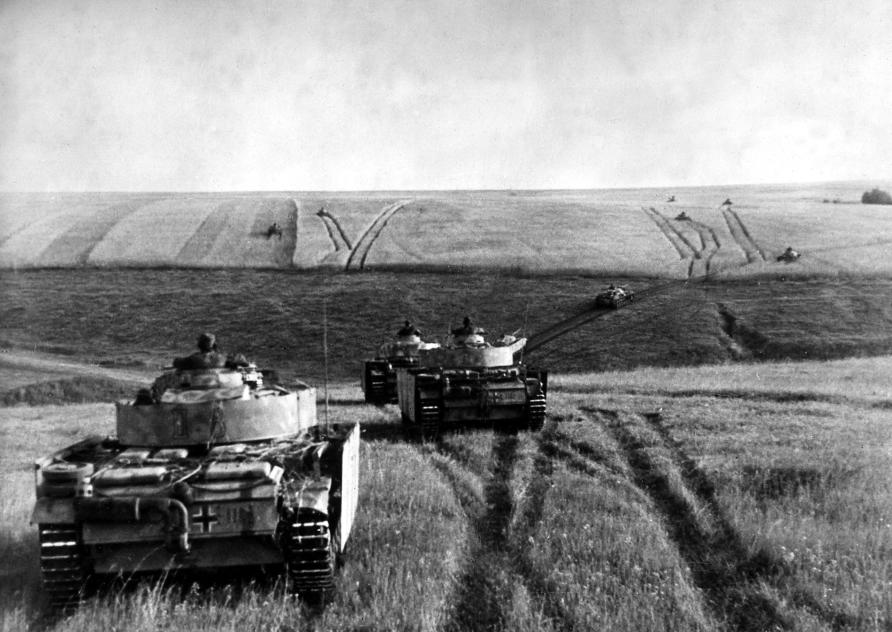
2) The Pearl Harbor Ambush (December 1941)
On the 7th of December 1941, the Japanese empire landed a devastating surprise attack on the US Naval Base of Pearl Harbor. This attack was planned for months by the Japanese who collected strategic intelligence on the location of warships at the harbor. It is estimated that 360 Japanese planes were involved in the attack on US military base leading to 4 US Naval battleships were destroyed while another 4 were critically damaged as well as three destroyer ships, cruisers and one anti-aircraft ship. 2,403 American sailors and/or civilians were killed in the attack which would push the American people to accept a more interventionist stance in regard to World War II and declare war on Japan.
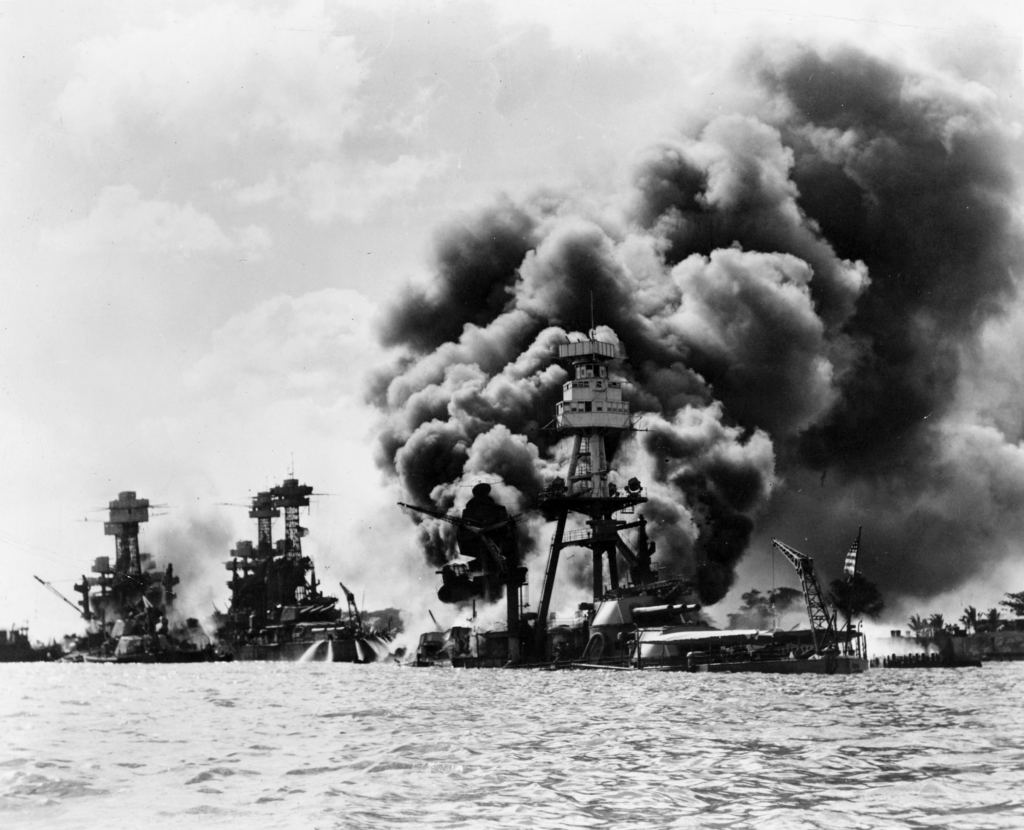
3) The Battle of France (May – June 1940)
Otherwise known as the Fall of France, this German invasion was swift and efficient in achieving its goal of occupying France. In the short span of 6 weeks, The Nazi forces were able to single-handedly defeat France, Belgium, The Netherlands, and Luxembourg. The Battle of France involved of 2 central operations for the Germans, Fall Gelb and Fall Rot. Fall Gelb consisted of armored German brigades pushing forward to break through the Ardennes line in order to cut off and surround any Allied units that were making an advance to Belgium. Thanks to their success, the Belgian and French forces were driven to the Sea where the British evacuated their soldiers as well as French forces from the beaches at Dunkirk. By June 14 the remaining French forces were easily overcome by the Germans and the Nazis had taken full control of France.
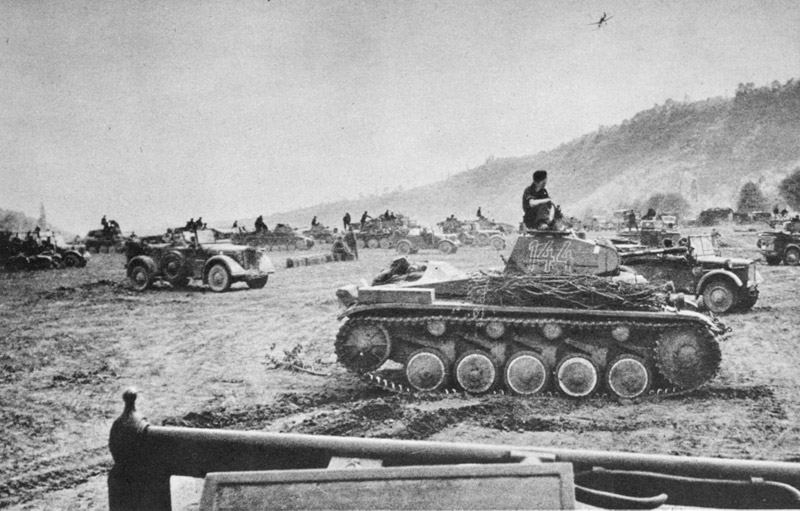
4) The Normandy Landings (June – August 1944)
Otherwise known as Operation Overlord, the Normandy landings were the largest amphibious invasion operation launched in the Second World War. The operation went forth on the 6th of June 1944 with 160,000 Allied troops crossing the English Channel on the same day and about 2 million had reached the shores of France by the end of August. The Operation was preceded by Operation Bodyguard which was a daring deception operation against German intelligence which involved complex misinformation of the exact dates and location of the planned invasion. Also known as D-day, this amphibious operation represented a major path on the road to the defeat of the Nazi regime.
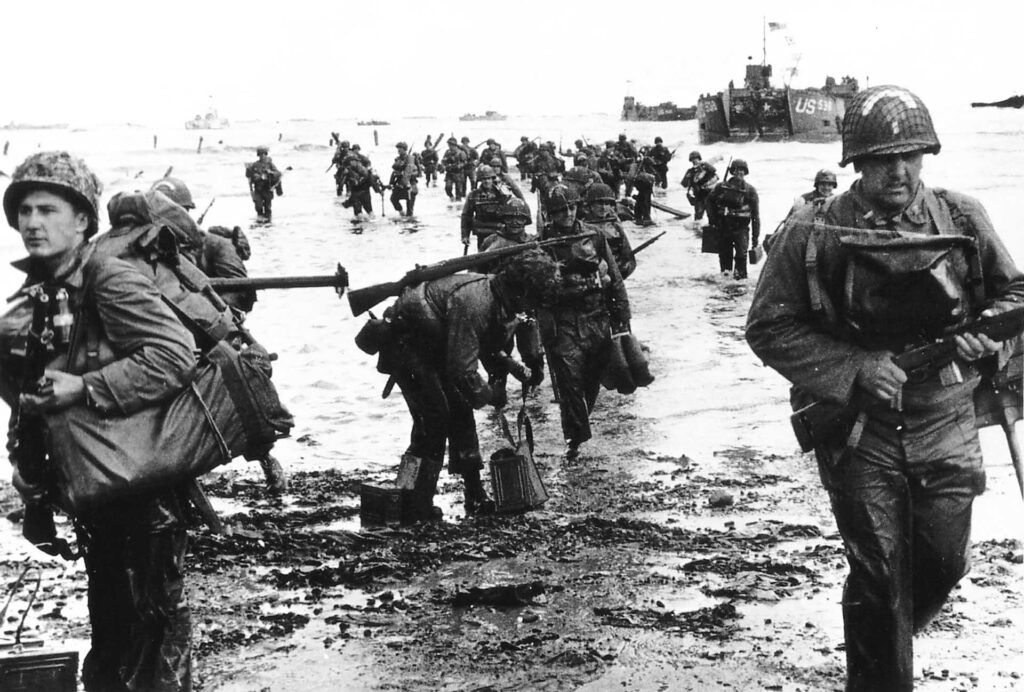
5) Battle of Stalingrad (July 1942 – February 1943)
The battle of Stalingrad is considered by many historians to be the turning point of World War II. This battle was fought for 8 long months and caused the Nazi forces very much grief as well as high casualties and ended with a full German retreat. To the Soviet forces this was known as the Great Patriotic War in Russia. Despite Soviet victory the battle of Stalingrad led to massive civilian and military casualties with almost 2 million injured or killed. The German defeat in Stalingrad can perhaps be traced to Hitler’s personal disdain for the Russian Leader at the time, Stalin, after whom the city was named. Despite massive casualties and a dire lack of supplies on the German part, Hitler ordered that the assault on Stalingrad continue, some historians argue that his motivations were personal and not practical which is what led to the crippling German defeat in Stalingrad.
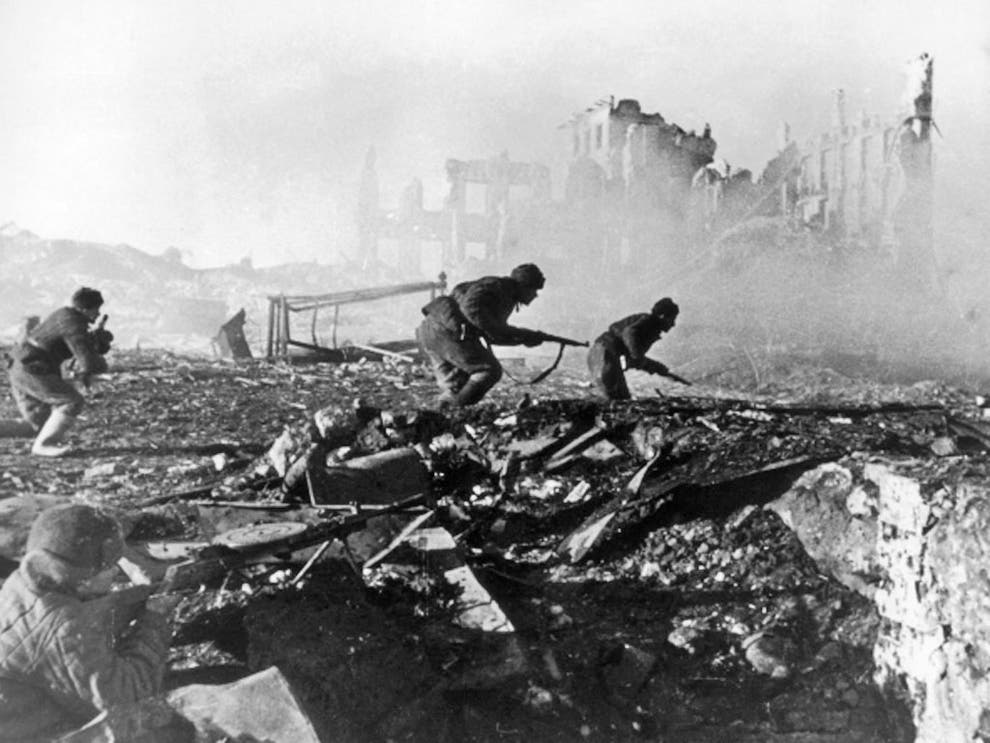
(Getty Images)

